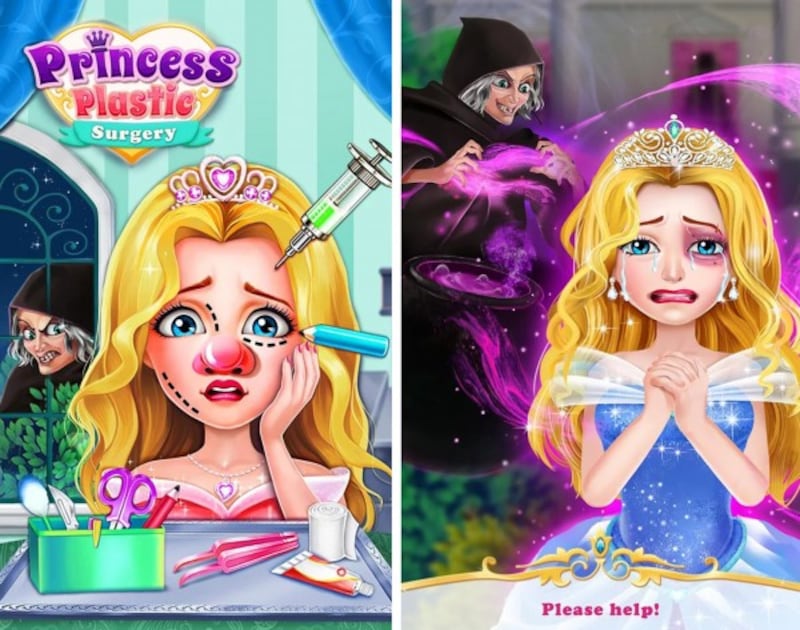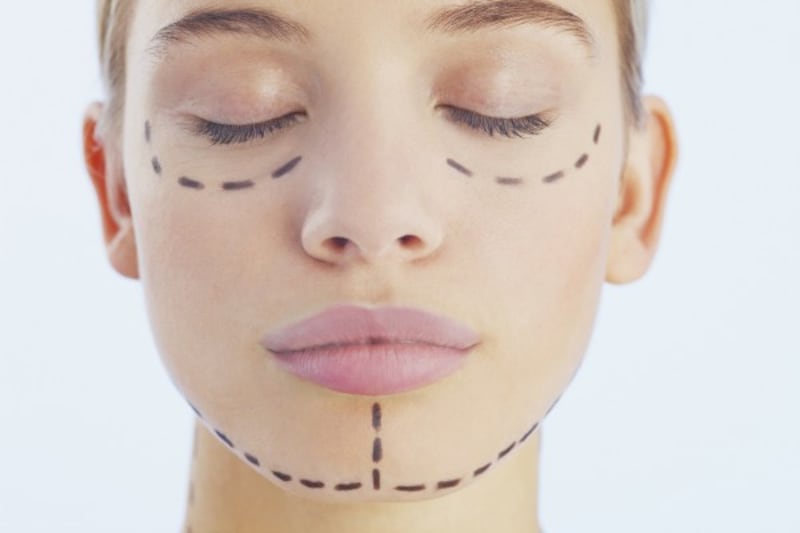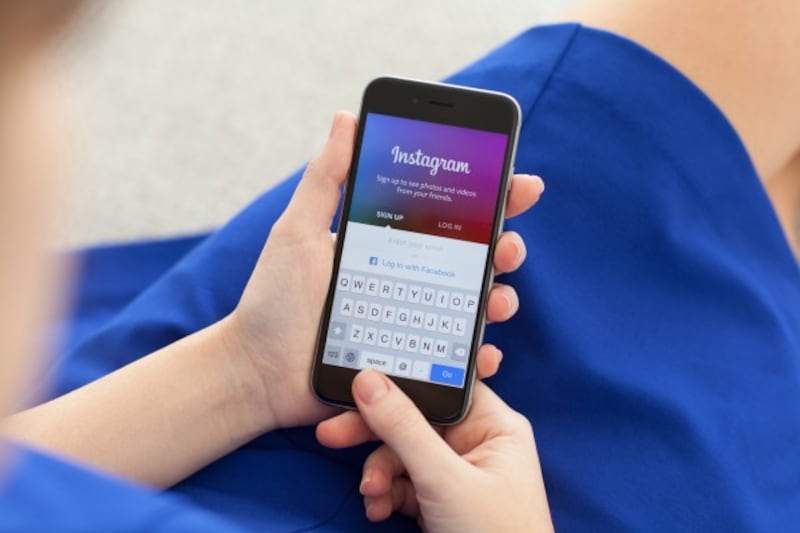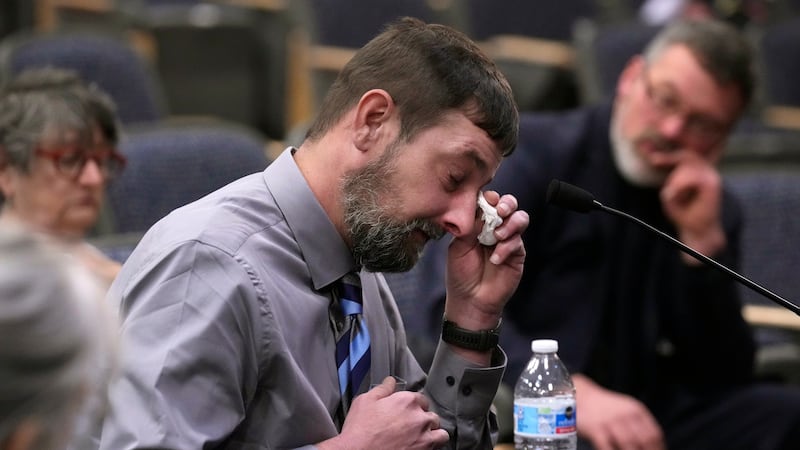Makeover apps and online plastic surgery games aimed at children as young as nine have been condemned as “shocking” by experts who want to see them removed from the internet.
The apps, with names like Princess Plastic Surgery, Little Skin Doctor and Pimp My Face, are intended to amuse and entertain but could be contributing to an epidemic of mental health problems in young people, members of an influential think tank believe.
While stopping short of calling for a legal ban, the Nuffield Council on Bioethics urged app stores to wake up to their responsibilities and clamp down on children’s cosmetic surgery games.
Katharine Wright, the Nuffield Council’s assistant director, said: “These things should not be available online.”

Makeover apps featured prominently in a report from the think tank that recommends sweeping changes to improve the safety of cosmetic procedures.
The report said treatments such as breast implants, nose alterations, anti-wrinkle filler applications and skin lightening were largely unregulated. Their current practice and promotion were said to be a “serious cause for concern”.
The Nuffield Council called for all cosmetic surgeons to be properly trained and certified, for a ban on non-medical invasive procedures for patients under 18, and for evidence of safety and effectiveness to be required for dermal fillers and implants.
It also urged the Government to bring forward legislation to make all dermal fillers available on prescription only.

Increasing numbers of young people were suffering anxiety, depression and low self-esteem as a result of a society-wide obsession with body image and celebrity culture, said the experts.
In 2015/16, the NSPCC’s ChildLine service received nearly 1,600 contacts from girls worried about body image, a 17% increase on the previous year.
According to a 2017 survey from the National Citizen Service, 27% of late teens cared more about their appearance than their physical health.
Such problems were exacerbated by apps that trivialise cosmetic surgery and turn it into a game, said the report’s authors.

Jeanette Edwards, Professor of Social Anthropology at the University of Manchester, who chaired the council’s inquiry into ethical issues surrounding cosmetic procedures, said: “We’ve been shocked by some of the evidence we’ve seen, including makeover apps and cosmetic surgery ‘games’ that target girls as young as nine.
“There is a daily bombardment from advertising and through social media channels like Facebook, Instagram and Snapchat that relentlessly promote unrealistic and often discriminatory messages on how people, especially girls and women, ‘should’ look.”
Social media companies should collaborate to carry out independent research looking at the extent to which their apps contribute to appearance anxiety, and to act on the findings, said the report.
The Government-commissioned review by Sir Bruce Keogh made a number of recommendations, including a register of everyone providing surgical or non-surgical cosmetic treatments.



